Our latest book, Fast Tract Digestion IBS is now available. I am proud to let you know that the book features a foreword by Dr. Mike Eades. Protein power was the first book I read on the compelling effects of carbohydrates on our metabolism. Without reading this book, I would have never experimented with carbohydrate restriction, never realized how carbs were connected to GERD and never developed the novel theory that forms the basis for the Fast Tract Book Digestion series. I am grateful for my friendship over the years with Dr. Eades, one of the greatest critical thinkers I have ever met. His advice helped me focus on the real problem and create the fermentation potential formula. The print book is also available here. Thanks Dr. Eades! Here is the foreword:
In writing Fast Tract Digestion IBS, Dr. Norm Robillard has turned his own struggles into a mission to help millions of people looking for healthy, science-based solutions to irritable bowel syndrome (IBS). This book puts his passions into an Occam’s razor approach arriving at a novel and rational solution to treating this debilitating condition.
The Fast Tract diet evolved from Dr. Robillard’s earlier work in which he introduced a new theory about why carbohydrate restriction was effective in treating the related condition, acid reflux. For over 30 years I myself have used carbohydrate restriction to successfully treat gastroesophageal reflux disorder (GERD). However, when patients or even other doctors asked me why it worked, I had to admit I didn’t really know.
But that changed some years ago when I first got a call from Dr. Robillard, a microbiologist and GERD sufferer. He was a big fan of Protein Power and had, in fact, cured his own acid reflux with a low-carb diet. My curiosity was piqued when he told me he had come up with a mechanism for how such diets worked, which had to do with bacteria in our gut. I got together with him, and he explained his theory. His was the first explanation that truly made sense.
Bypassing 50 years of scientific dogma on trigger foods and alcohol causing relaxation of the low esophageal sphincter, Dr. Robillard proposed that gases produced during bacterial fermentation of malabsorbed carbohydrates create intragastric pressure which drives stomach acid into the esophagus. When these gastric juices come into contact with the delicate membrane lining the esophagus, they cause the discomfort of heartburn, as well as many other symptoms of acid reflux. He posits that small intestinal bacterial overgrowth (SIBO) is the problem driving the process. When carbs are reduced, the gas-producing bacteria in the small bowel have nothing to ferment: therefore they die off, and GERD goes away.
After Dr. Robillard’s explanation, I thought it through and speculated that the treatment could maybe be refined a little more. Since the gas-producing bacteria in the small bowel dine primarily on complex carbohydrates and fiber, I wondered if simply reducing the intake of those specific carbs would get rid of GERD. In other words, people could eat certain carbs, yet would not develop heartburn. My reasoning stemmed from my assumption that some easier to digest carbohydrates would absorb through the wall of the GI tract quickly enough to keep from providing food for the bacteria.
I posed a question to Dr. Robillard: “which carbs are more difficult to digest and wouldn’t they be the worst offenders?”
He didn’t know the answer, but the idea sounded reasonable to him. Unbeknownst to me, he went back to the scientific drawing board, fiddled with the idea for a few years and tested it on himself and others. Based on his work, he derived an entirely new system for treating not only GERD, but any condition caused by SIBO, using a calculation called the Fermentation Potential (FP).
It turns out that IBS is linked to GERD and to SIBO. Dr. Robillard clearly explains the connection between carbohydrate malabsorption, SIBO and IBS. The gases produced by SIBO drive not only the acid reflux and consequent heartburn, but the abdominal pain, bloating, cramps and altered bowel habits associated with IBS. Even constipation can be caused by methane-gas-producing gut bacteria.
People with IBS – and any other SIBO-related condition – can benefit from this book. Dr. Robillard shows the reader why the Fast Tract approach is superior to other diets, drugs, antacids and even antibiotics, which are often prescribed in an off-label manner for IBS. The book also contains a comprehensive evaluation of each class of IBS drug and an entire chapter explaining the potential problems with taking antibiotics for anything short of the most severe forms of IBS.
The antibiotic option is one many physicians choose for treatment, but readers of this book will think twice about going on such a regimen until all other options are explored. Most importantly, the Fast Tract approach Dr. Robillard created limits only the most difficult-to-digest carbohydrates. Thus, the means of relief is flexible where both the types and amounts of symptom-causing foods can be adjusted based on personal dietary preferences. Even people with the most challenging symptoms will be pleased with their improvement. I can’t recommend this book heartily enough.
Michael R. Eades, MD, Incline Village, Nevada.
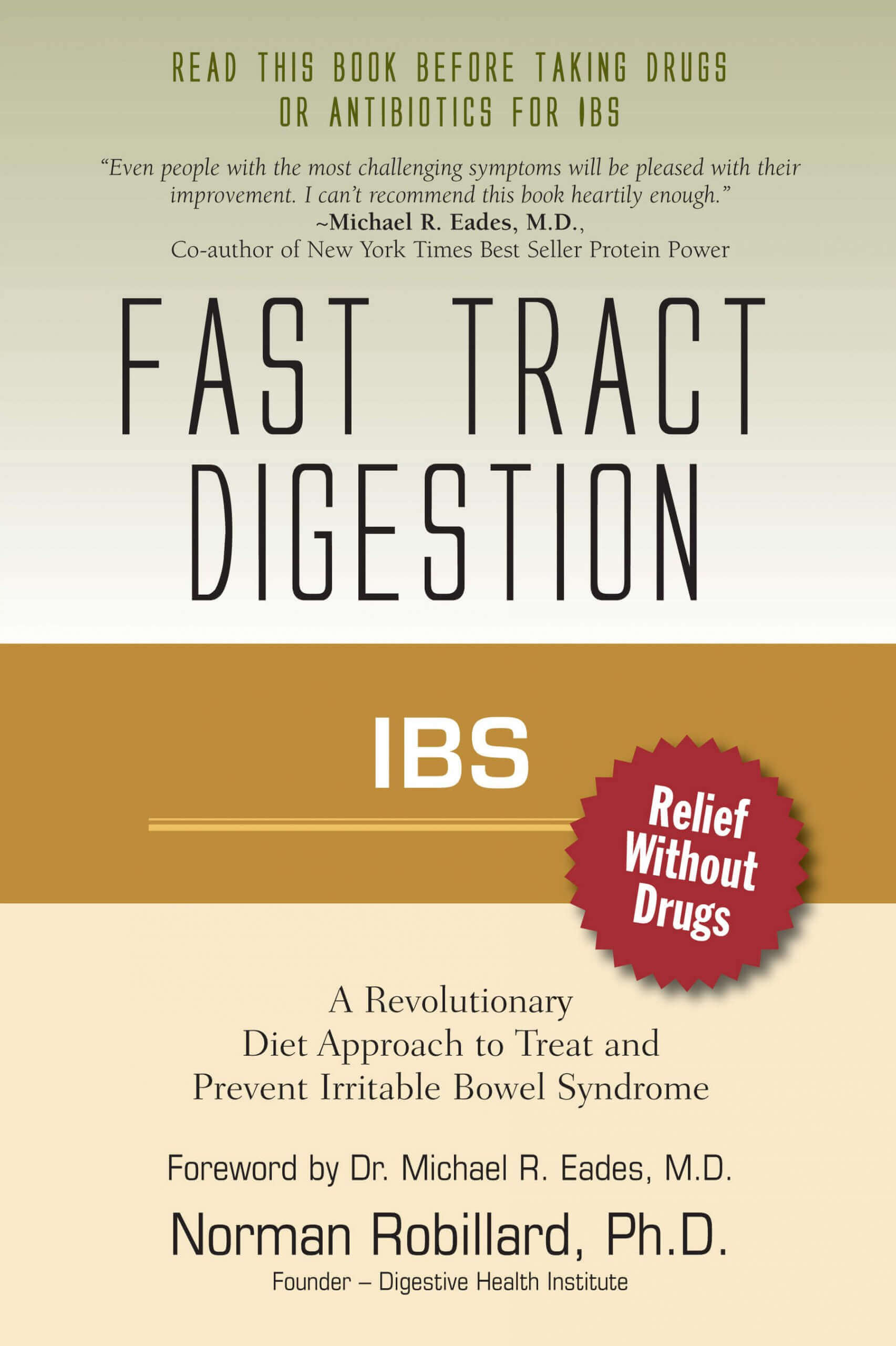

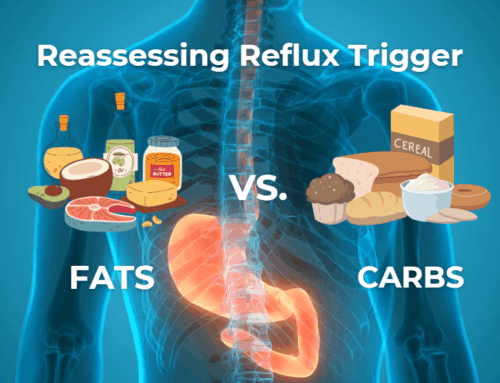
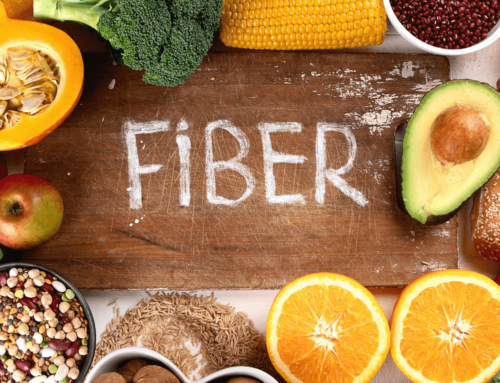
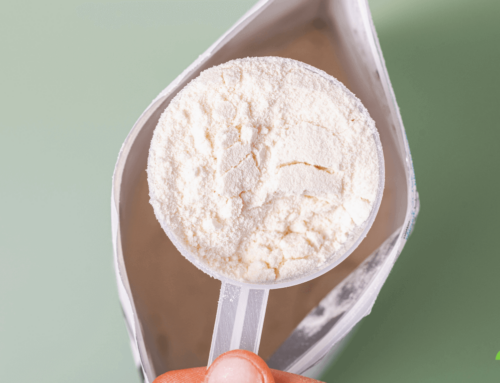

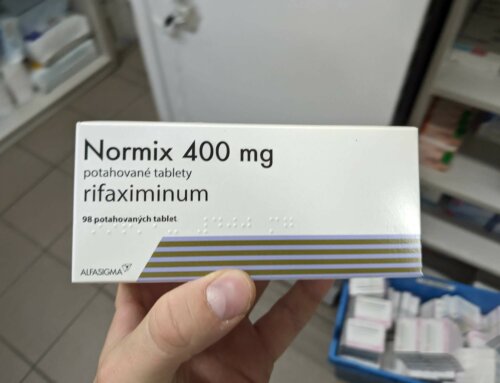
Hi Norm,
I found your work last fall and have Fast Tract/Heartburn on Kindle. I knew your thinking could benefit my long-standing IBS-C (30 years). I have tested positive for fructose intolerance and SIBO/methane. (responded well to Xifaxan/Flagyl until became allergic to Flagyl–have not tried Neomycin) Have done SCD several times over the years, which helped immensely, but in the last 10 years my weight has been pretty low and goes even lower with that amount of restriction, largely due to problems with ingesting much fat. Your FP formulas/more moderate approach hopefully will be more workable for me, solving the fermentation problem but not dropping more weight.
Several questions: I would like to get your new IBS book asap…do you have a publish date? Second, you mention the ebook being updated…a date for that? Sounds like very soon, and would rather hold off a little and get the very newest.
Lastly, I do believe allot of my issues can be solved with your Fast Tract Diet, but one critical one remains and I would like your thoughts on it: fat is a ‘known’ trigger food for IBS, causing either D or C, depending on one’s makeup. In me, of course, it is C—like a clamp has been put on my left side/descending colon, causing pain/pressure and a complete ‘hangup’. What are your thoughts on this, especially regarding IBS/SIBO? Do you give any credibility (as the Paleo folks do) to the type of fat, etc? And perhaps I just need to stick a toe back in cautiously (use olive oil only, very judiciously, no red meat, small bits of real butter) and ramp up to get my system used to it again?
Thank you so much, in advance for your response…and, for your wonderful work, books, and blog!
Best to you,
Susan
Hi Susan,
Thanks for writing. Fast Tract Digestion IBS is fully updated and being printed right now. Copies will be available in just a couple of weeks. You can pre-order the book on Amazon currently.
The type of bacteria linked to IBS-C (M smithii) use hydrogen made from other bacteria and produce methane. That means less gas, but sadly, more constipation. The good news is that the Fast Tract system will result in less hydrogen (food for M. smithii) and should therefore help your situation. Most people to up their protein and fat levels as they limit some types of carbs on this diet, but the diet is flexible. You can easily add more carbs if you desire as long as they are low FP.
On fats, the Fast Tract Digestion books support the consumption of healthy fats similar to the Paleo diet (limit PUFAs, eliminate transfats, moderate MUFAs and increase amounts of saturated fats. An aside – fats were once used to treat constipation. But the best thing about the diet is it’s flexibility. You can easily increase low FP carbs or proteins to replace some fats.
If you read the book, but want more detailed coaching of counseling, contact us to find out about our counseling program.
Thank you, Norm. I am still a bit unclear on if/when the e-book is being updated. If I get that version, should I still wait until the new print version comes out, thinking the e-book will be updated same time?
Thanks.
To be clear, both the ebook and print book are fully updated.
Have you seen any research on snacking in the middle of the night contributing to SIBO?
Snacking in the middle of the night is not generally a great idea, but as long as you snack on foods with low fermentation potential (Fast Tract approach) or low carb counts (Heartburn Cured approach), you shouldn’t have a problem. What are you snacking on?
Usually an ounce of cheese and 10 grams of carb in either potato or rice.
You might want to watch the carbs at night. If you do eat carbs for a snack, focus on very easy to digest carbs such as jasmine rice or a small slice of melon.
Could protein and fat be fermenting too? I have a stool test that says it’s high in ‘beta-glucuronidase’ enzyme, which may occur with certain bacteria and high fat and meat diets.
Fats are not a significant fuel source for gut microbes since only the (glycerol) backbone of the fat is fermentable under the oxygen-limited gut environment. Most of the energy in fat molecules is in the side chains that are broken down by beta-oxidation (requires oxygen). Proteins can be fermented, but the bulk of this activity typically occurs in the large intestine (higher pH). Beta-glucuronidase is more active for digesting complex carbs, bile and mucopolysaccharides and not proteins. An overgrowth of bacteria can lead to high levels of beta-galactosidase (analogous to the human enzyme). Don’t know if your test discriminated the two.
Tranlation – the best bet is to limit the five difficult-to-digest carbs described in Fast Tract Digestion to control SIBO IMHO.
Great response. I have your book already. The stool test also says high long chain fats and phospholipids, almost no lactobacillus. So I’m thinking SIBO. I’m seeing someone who can do an endoscopy tomorrow.
So glad you’re reading the book. Best of luck tomorrow Tom. Do you still have your gallbladder?
Yes. Another dr has me on pancreatic enzymes.
Tomorrow is the day that my husband and I will start using your suggestions. I have chronic acid reflux and he has IBS. I just finished reading your GERD book and assume that the same diet will help him with his IBS. With all the wonderful reviews on Amazon and this blog I have great hope and will review on both places as time goes on.
My starting questions – 1) Whether I should wean myself off acid reducers because of the “rebound” effect or go cold turkey with DGL supplements. Have you had anyone write you about how they did this? 2) Is there different info in the IBS book that will be crucial for my husband to have success, or can I assume if he follows the GERD protocol he’ll improve?
Thanks a million!
Hi Judy,
Fast Tract Digestion IBS has lots of IBS specific information including sections on diarrhea and constipation as well as a very detailed trouble-shooting section. Chapter one provides an extensive review of IBS meds and there is a chapter on the pros and cons of taking antibiotics for IBS. However, you are correct that both FTD IBS and FTD Heartburn employ the Fast Tract Diet. So you could both use the heartburn book to begin the diet. If your husband wants more IBS-specific info he could get the IBS book later.
On getting off the acid reducers, here are a few thoughts. Always include your doctor in this discussion. You could share the book with him or her. Most people begin the Fast Tract Diet and immediately begin weaning themselves off the PPIs/H2 meds over a period of two or three weeks, reducing the dosage gradually to minimize any rebound effect. You might consider taking antacids as a rescue medicine if needed during this time. Soon you should not need any meds at all.
Thank you so much for the quick and thorough reply! I have my shopping list in my purse and the 1st morning smoothie in my hand! Will keep you posted!! I am so very hopeful!!
I am excited for you Judy! Thank you so much for trying the diet. I look forward to your updates.
Dr R
Thanks for your work. I just started the fast tract diet and am tracking my god closely. I have IBS-C and my worst time is 4am – 10 am. I wake up bloated, cramping, a little nauseous and uncomfortable. I typically eat a good meal (chicken and bock choy for example) around 7 pm, do not eat dessert or eat anything before bed (10-10:30) Any thoughts on what is going on then? Thx in advance.
Hi Carrie, There are lot’s of things that can exacerbate constipation. Hopefully over time things will settle down on the FTD. Staying well hydrated can help. Please feel free to contact us for consultation if needed.